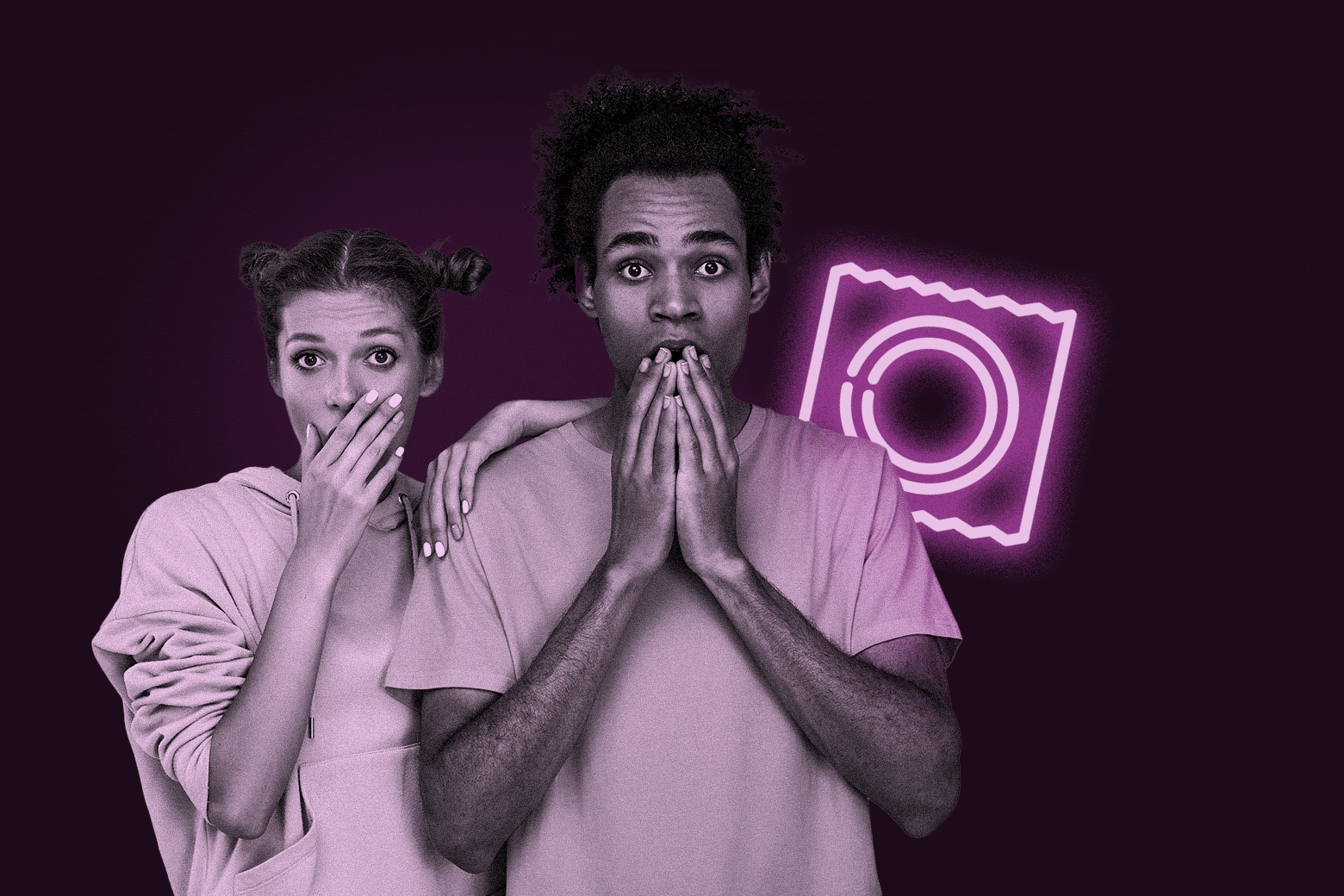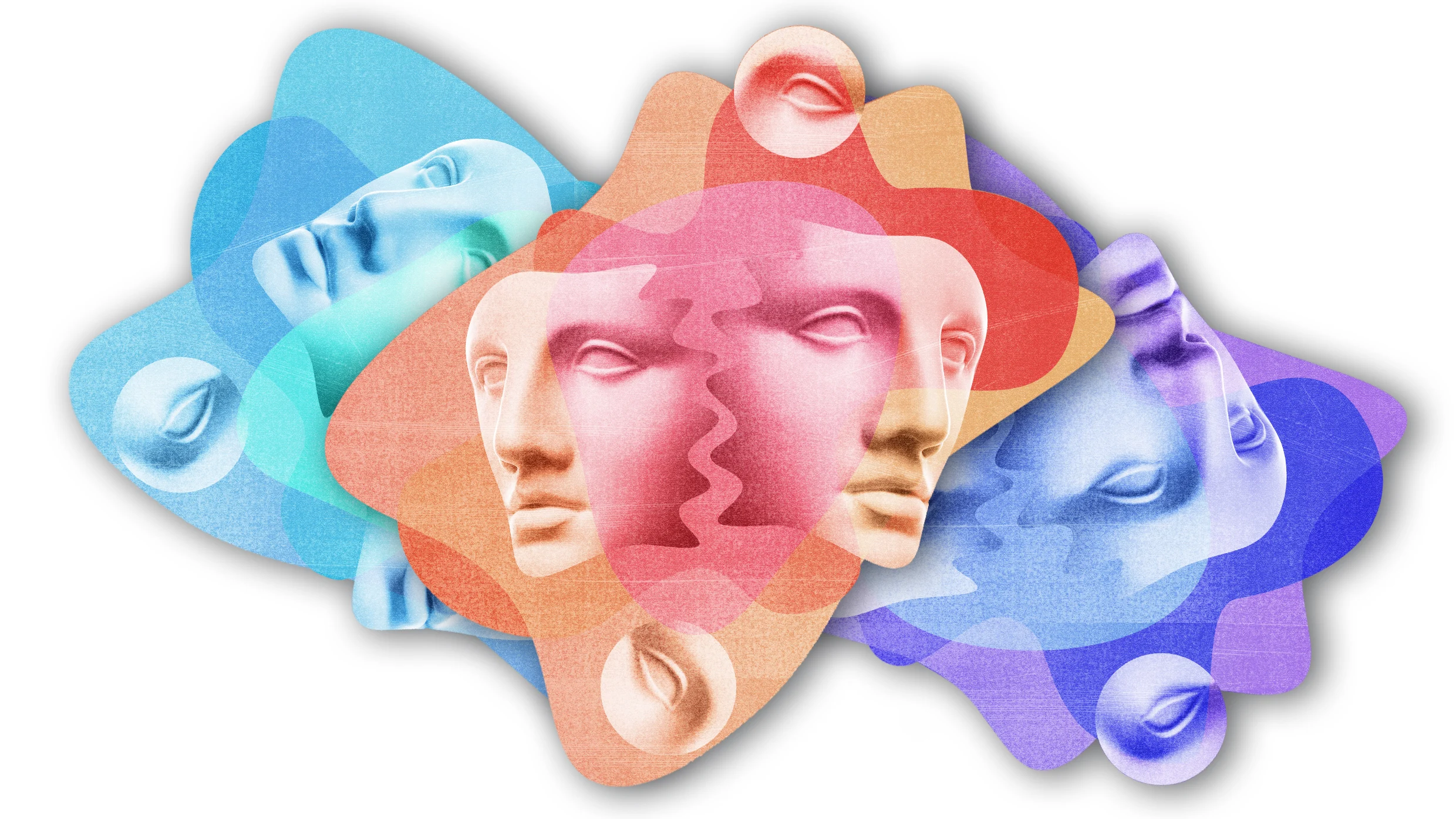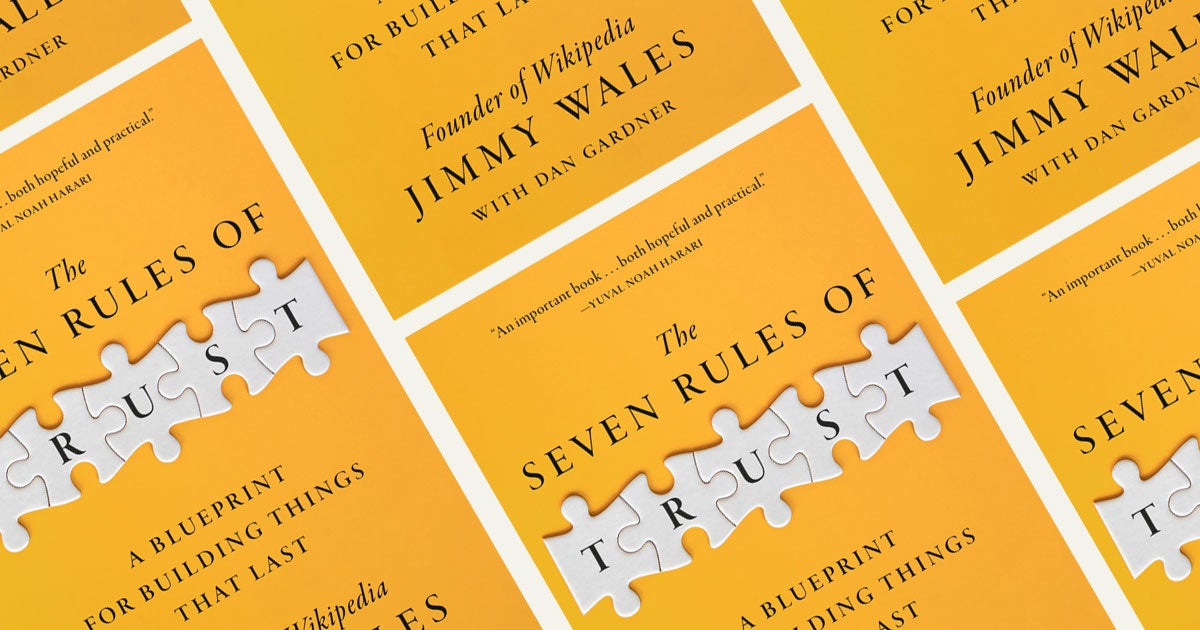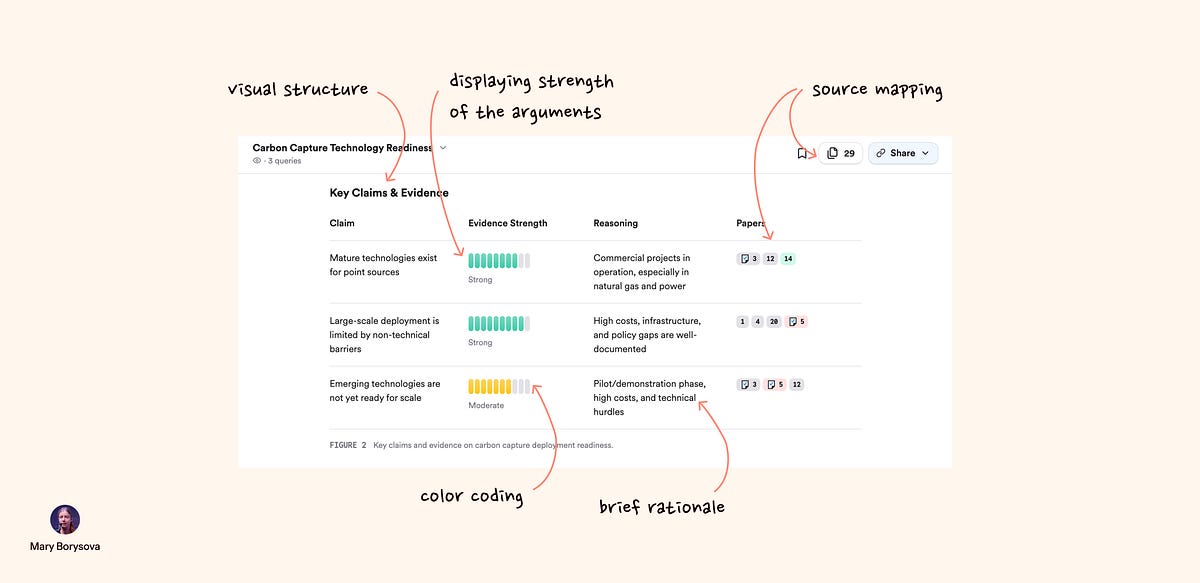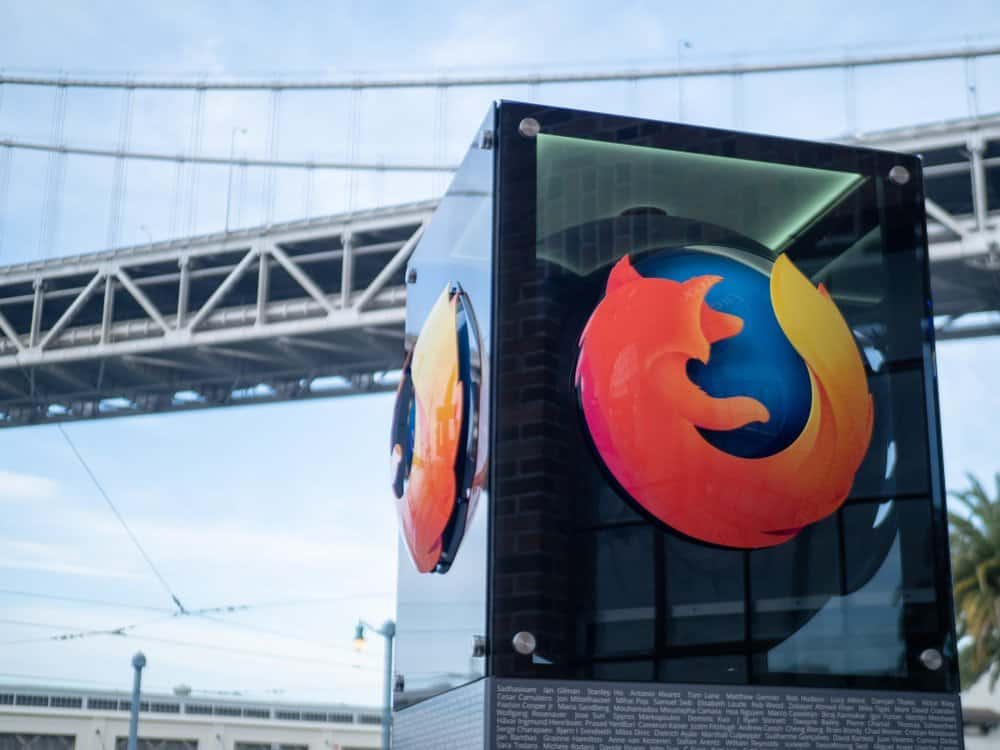#trust
#trust
[ follow ]
#leadership #communication #relationships #infidelity #privacy #transparency #wikipedia #artificial-intelligence
fromEntrepreneur
1 week agoThis Common Invisible Barrier Is Sabotaging Your Data-Driven Decisions
AI was everywhere, but I wasn't focused on product launches. I was looking at how companies think about data itself: how it's shared, governed and ultimately turned into decisions. And across conversations with executives and sessions on security and compliance, a pattern emerged: the technical limitations that once justified locking data down have largely been solved. What remains difficult is human. Alignment, trust and confidence inside organizations are now the true barriers.
Data science
fromSilicon Canals
2 weeks ago9 phrases that immediately make people trust you less, and most people use at least 3 of them daily without realizing the damage - Silicon Canals
After interviewing over 200 people for various articles, I've become hypersensitive to the subtle ways trust builds or breaks in conversation. And here's what I've discovered: we all use phrases that quietly erode trust, often multiple times a day, completely unaware of the damage we're doing to our relationships and credibility. The fascinating part? These aren't obvious lies or manipulative statements. They're everyday phrases that seem harmless but trigger our brain's ancient alarm systems, making people instinctively pull back from us.
Relationships
fromInside Higher Ed | Higher Education News, Events and Jobs
2 weeks agoDon't Record What You Don't Want to Have to Watch
I assume that it's intended to provide ammunition to go after disfavored faculty and/or to instill such a chill on campus that nobody would dare to say anything provocative in the first place. Whether those motivations are locally held or are meant to keep the university below the radar of certain culture warriors, I don't know. The effects are the same either way, and they're devastating to the mission of a university.
Higher education
fromScary Mommy
1 month ago"I Learned How To Orgasm From Sitting On My Husband's Face"
On my third date with my then-boyfriend (he's now my husband), we had sex. And like so many times before, I decided I'd fake an orgasm. But unlike so many times before, it didn't feel right. I dated a lot of men in my 20s, and faking an orgasm just felt easier and safer than telling them I had never had an orgasm with a partner before.
Relationships
Television
fromFilmmaker Magazine
1 month ago"Knowing Yourself Is a Big Part of Your Package as an Actor": Astrid Rotenberry, Back To One, Episode 377
Astrid Rotenberry plays Catherine Kelly in Netflix's His and Hers; her authentic, affecting performance reflects her focus on trust, childhood influences, and combating self-doubt.
fromComputerworld
1 month agoAlways disclose how you use AI
AI chatbots have been with us three years and one month (at least the kind that use large language models (LLMs) to communicate with natural-sounding words). Already norms are emerging in some professions for users to disclose how they use AI. For example: Organizations such as the International Committee of Medical Journal Editors created policies for disclosing AI use in scientific manuscripts.
Artificial intelligence
World news
fromFortune
1 month agoTrust has become the crisis CEOs can't ignore at Davos, as new data show 70% of people turning more 'insular' | Fortune
Global trust has eroded: about 70% exhibit insular mindsets, prompting urgency for trust-brokering, nonjudgmental communication, and long-term local business relationships.
fromPsychology Today
1 month agoHow Do You Know If You Can Trust Someone?
Some people just come off as more trustworthy than others. It's hard to put it into words, but with certain people, you might find yourself spilling your guts upon first meeting, feeling a sense of safety and comfort that puts you at ease and lets you relax. Others might put you on guard in a visceral way-you don't know exactly what it is, but something about them makes your nervous system vigilant, and you start to second-guess what you tell them or how close you let them get.
Psychology
fromPsychology Today
1 month agoOnce Broken, How Can Trust Be Restored in a Relationship?
"Oh, no," lamented Sarah, "Is it going to happen again?" She was responding to the possibility that her partner, Joshua, would lose his temper once again, which was a frequent occurrence. She did not trust him, and the result was anxiety, leading to sleeplessness, worry, and irritability. Research reviewed by Tomlinson and Mayer (2009) supports the view that mistrust can be accompanied by anger and fear. Joshua's temper and Sarah's response of anxiety were affecting their relationship.
Relationships
fromBusiness Insider
1 month agoI'm parenting my kids differently from how I was raised. I don't want them to fear me, but instead trust me.
Growing up, the grandparents who raised me were a generation removed from me, and because of it, I never felt like I could go to them with real issues or problems. I hid the deep and dark stuff because children were to be seen and not heard. We did not talk about the big things like sex or drugs. Instead, the warnings were direct and often frightening.
Parenting
fromPsychology Today
1 month agoExamining Our Compass of Trust
We can visualize four different types of trust as directions on a compass. The different types of trust include trust in ourselves, others, reality, and a higher power than ego. Consider how we rely on trust in our daily lives and how we can grow that trust to manage life's challenges. Our trust can move in four directions: we can trust ourselves, others, reality, and a higher power.
Mindfulness
Marketing
fromBuffer: All-you-need social media toolkit for small businesses
1 month agoWe Should All Be Building People-First Communities in the Age of AI
Human connection and community-driven trust outperform synthetic signals; prioritize building real relationships because people, not AI, scale lasting trust for brands and creators.
fromwww.housingwire.com
1 month agoTaylor Morrison leads most-trusted rankings for 11th year in 2026
For the past five-plus years up to this very day, an 800-lb gorilla takes a seat at the table at every meeting in every Taylor Morrison conference room in every one of the organization's offices. From its Scottsdale, AZ headquarters, to its three national operating regions, to its divisional hubs in 20 markets across 12 states, to its sales centers in 345 actively selling neighborhoods, that gorilla is physically there in the room in all of those meeting rooms involving Taylor Morrison's 3,000 or so team members.
Real estate
fromPsychology Today
1 month agoBecome a Trusting Person
In personality psychology, trust is understood as a facet of agreeableness, the Big Five personality trait that describes how we tend to relate to other people. Specifically, trust reflects how willing someone is to assume good intent, share information, and rely on others. What many people don't realize is that trust, like other personality traits, is malleable. Not only that, you can take a proactive role in becoming more trusting.
Psychology
Real estate
fromwww.housingwire.com
1 month agoTrust is earned, not granted: The foundation of every successful mortgage relationship
Trust must be earned through relationships; loan officers build it by listening, acting with integrity, honesty, empathy, transparency, education, ethics, respect, and consistent follow-up.
fromMedium
1 month agoReliability by design
In this context, trust is not just an emotional response. It is about system reliability, the confidence that an AI assistant will behave predictably, communicate clearly, and acknowledge uncertainty responsibly. In healthcare, that reliability is not optional. Even when AI performs well, people still hesitate. They ask: Can I rely on this? Does it really understand me? What happens if it's wrong?
UX design
fromFast Company
1 month agoHow to build safe danger and make teams come alive
Most people tend to think safety and danger are opposites. But it's more useful to think of them as dance partners. Safety gives us solid footing; danger gives us movement. The emotional sweet spot between the two-where you feel safe but challenged enough to discover something new-is something I call Safe Danger. I base entire team-building and community-building workshops around moments of safe danger.
Business
fromScary Mommy
2 months agoWhy Do Boomer Parents Hide Medical Issues From Their Adult Children?
"The lack of communication regarding important family health events has not only increased their anxiety now because they don't trust that you'll tell them, but it's resulted in a fracture in your relationship or a breach of trust. And then even when the adult child communicates that this is not the type of communication that they want withheld, it usually continues again in the future. It doesn't make a lot of sense to me, and it's upsetting a lot of my clients,"
Relationships
fromMedium
2 months agoTaxBuddy, Making Taxes Feel Less Taxing
"I found myself lost in a world of tax jargon and complex regulations. Filing taxes in India can be overwhelming. The system is filled with jargon, multiple form types, and unclear instructions. For many first-time filers and freelancers, it feels like stepping into unfamiliar territory. Our goal was to simplify this experience. To design an interface that guides users confidently through the process while reducing cognitive load and visual noise."
UX design
fromThe Nation
2 months agoPublic Health Needs a New Motto: No Apologies, No Surrender
Over the past year, I've noticed a pattern among some of my colleagues in public health, biomedical research, and the university settings in which I work. It's a strange, reflexive tic: Faced with bad-faith criticism from malign actors, we shrink back, saying, "Oh, it's not you. It's me," and walk onto their terrain with accommodation in our hearts. Some may think that, faced with the full fury of the far right, some kind of retreat is the only option.
Public health
fromZDNET
2 months agoHow to prove you're not a deepfake on Zoom: LinkedIn's 'verified' badge to all platforms - for free
As AI continues lowering the barrier to malicious identity spoofing and fraud, Oscar Rodriguez, LinkedIn's vice president of product for Trust,told ZDNET that the program is designed to drive more trustworthy internet experiences and user-to-user engagement. "It is becoming increasingly difficult to tell the difference between what is real and what's fake," Rodriguez noted. "That, for us, was the driver because LinkedIn is about trust and authentic connections."
Privacy technologies
fromBrandingmag
2 months agoBrand Tonality, Part 3: Making or Breaking Trust - Brandingmag
They just stop responding. They ghost you. They leave your deck unread. They click away from your site and never come back. That's what happens when tone breaks trust. It's silent. Instant. And it's nearly impossible to track. It doesn't matter how smart your product is, how big your ambition is, or how clean your UI looks-if the way you sound feels off, it introduces just enough doubt to lose someone.
Marketing
fromTVovermind
2 months agoWoman Finds Out Her Boyfriend Built Their Entire Relationship On Lies, Claims He Was "Afraid Of Losing Her"
When two people are starting to date, they might polish themselves a little to make a good impression. Maybe you downplay a flaw or maybe you exaggerate something positive. And regardless of what you think about it, I assume we can agree that up to a certain point this can be dismissed as harmless behavior. However, Reddit user Lejr321 believes her boyfriend has crossed that line.
Relationships
fromPsychology Today
2 months agoHow to Shift From Cynicism to Grounded Hope
When in my 20s, I equated hope with "sunny-side-of-the-street" wishful thinking-what we now call " toxic positivity." I was wrong. I live, work, and lead these days with a new kind of grounded hope. Many thoughtful, intelligent people today are sliding toward cynicism. But recent research shows something surprising about the nature of hope in the face of cynicism. I want to share research conducted on cynical college students-and how that research shifted the outlook even of the chief researcher.
Psychology
fromwww.housingwire.com
2 months agoCulture is not a perk. It is the new engine of mortgage growth
Trust is the only thing that can cut through fear, complexity, and industry jargon. And as the market evolves, trust is increasingly the first thing first-time buyers are looking for. Today's borrower, especially the emerging homebuyer, is walking into the market with real concerns. Rising costs, confusing guidelines, cultural barriers, past financial trauma, and years of hearing that homeownership is not for them.
Real estate
Relationships
fromwww.mercurynews.com
3 months agoDear Abby: I got an anonymous message about my new husband, and I'm so rattled
Anonymous claims about a spouse having Asperger's can provoke anxiety; research reliable information and consider a suggested professional assessment before confronting the spouse.
fromPsychology Today
3 months agoHow Exaggeration Sabotages Your Relationships
Exaggeration is often used, sometimes habitually, for two reasons. Some individuals use it as a form of emotional self-expression. Other times it is used to manipulate others. In either circumstance, it leaves others feeling deceived, tricked, manipulated, exploited, and abused. While exaggeration may sometimes be successful at achieving some short-term goals, it causes significant damage to relationships. There are ways of achieving the same short-term goals without hurting others in your life.
Relationships
fromFast Company
3 months agoHow to deal with annoying peers
You interact with your colleagues and (in the best of cases) create a neighborhood of peers that you can rely on both to push the work forward and to share the joys and tribulations of the workday. That's why annoying colleagues can be a particular thorn. When you have a peer at work that you don't want to deal with, it disrupts the flow of your day and diminishes your intrinsic enjoyment of work.
Relationships
fromPsychology Today
3 months agoThe 5-Minute Power Play: Small Talk to Strategic Influence
As a professor of negotiation and influence, I've observed a fascinating consistency in my students: They instinctively value behavioral concepts-the art of rapport, the dynamics of power, and the science of persuasion. Yet, they often struggle with their practical application. It's the classic gap between knowing and doing. On the surface, the principles seem simple (e.g., engage in conversation, listen, be friendly), but applying them effectively in high-stakes environments is the true rigor of leadership.
Relationships
fromBusiness Insider
3 months agoThe married cofounders of Mejuri use Jeff Bezos' famous management principle to handle disagreements
"I have blind, crazy, crazy trust that he's got what he's working on," Sakkijha said, adding that they're both "in it to win it." Masad said one advantage of working together is their ability to be direct. That level of openness helps the business move more quickly, he said. Both said that working together also brings out their individual strengths. Masad said he sees himself as detail-oriented, data-driven, and passionate about problem-solving and strategy, while Sakkijha thrives in communication, decision-making, and emotional intelligence.
Startup companies
Marketing
fromLondon Business News | Londonlovesbusiness.com
3 months agoKostiantyn Shurupov: "The main strength of a marketer is the ability to see the people behind the numbers." - London Business News | Londonlovesbusiness.com
Digital marketing is maturing into long-term ecosystems prioritizing trust, analytics, strategic partnerships, and a balance between data-driven insights and human factors.
[ Load more ]


